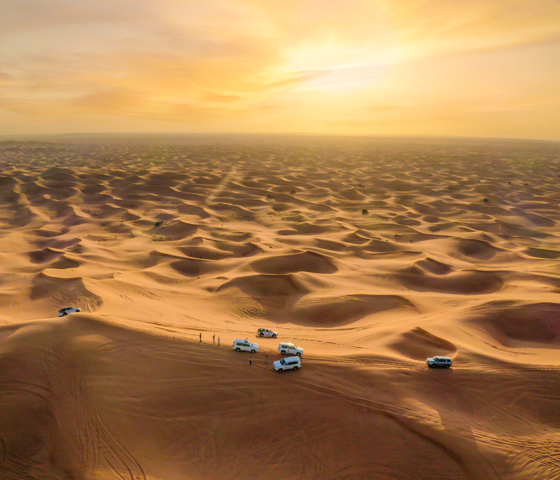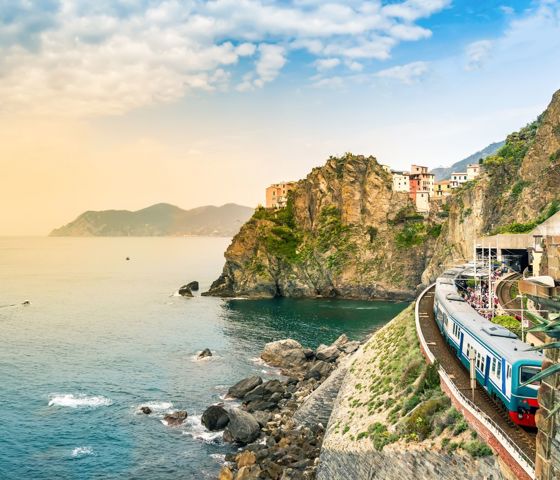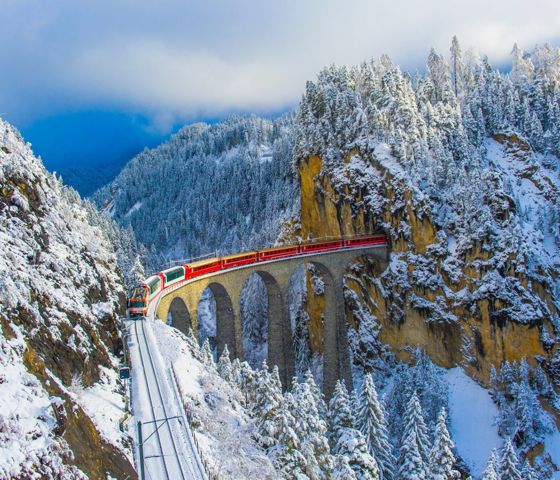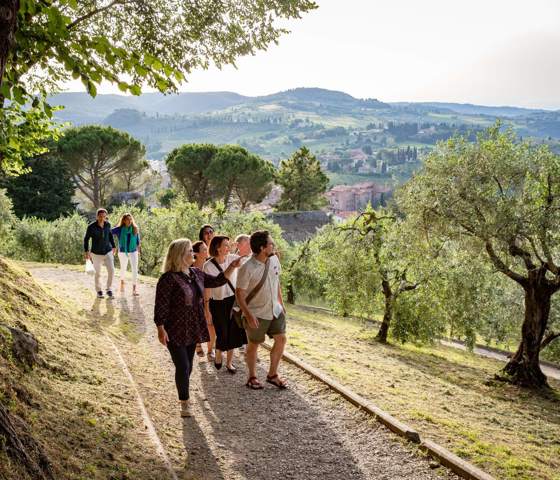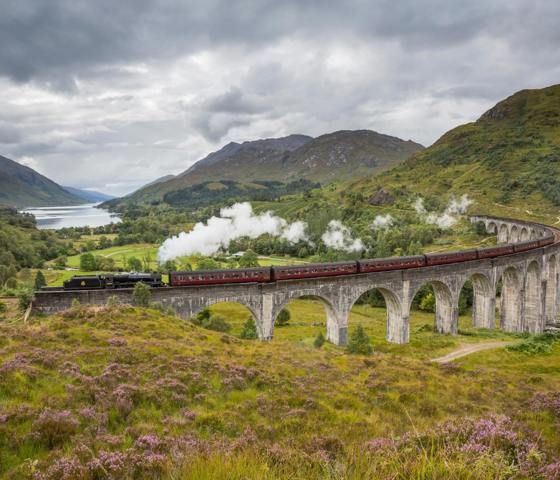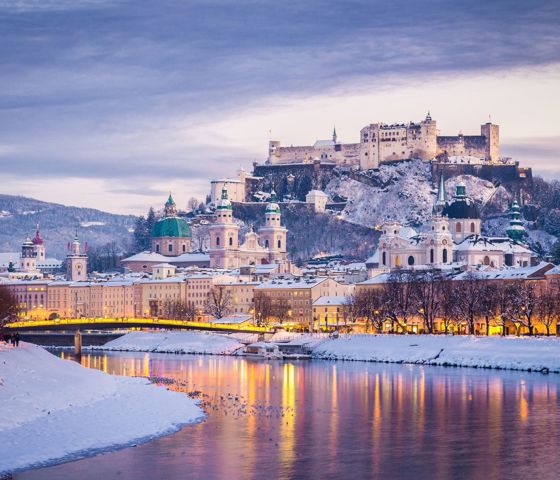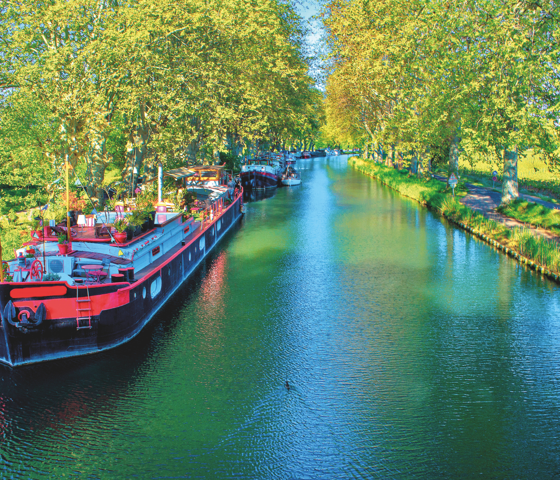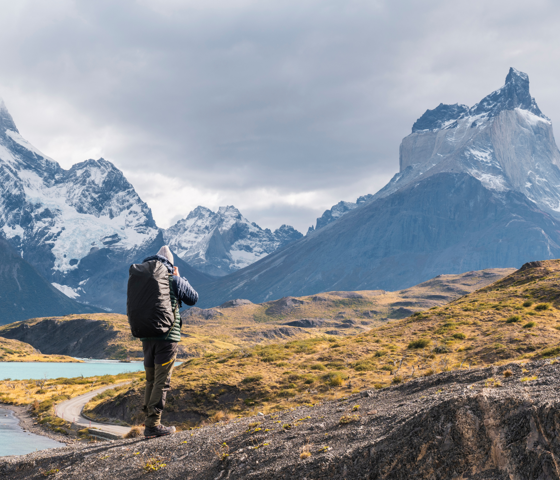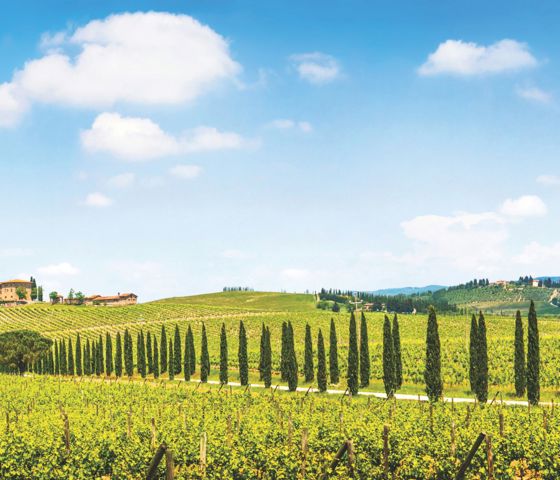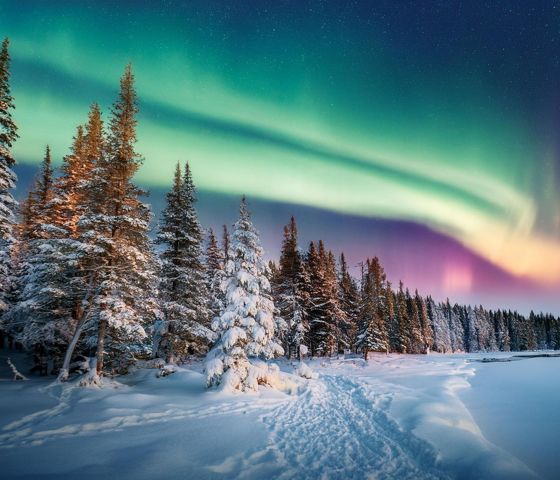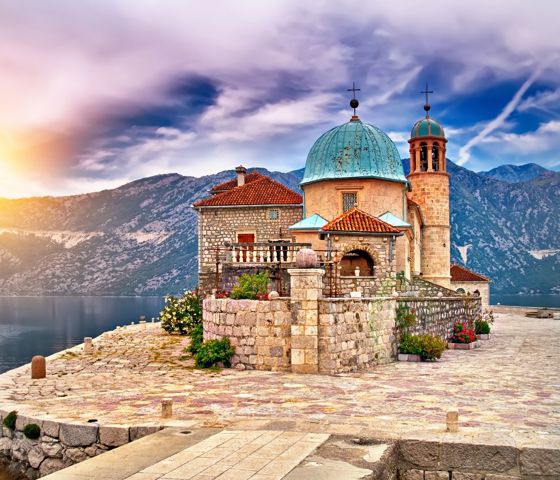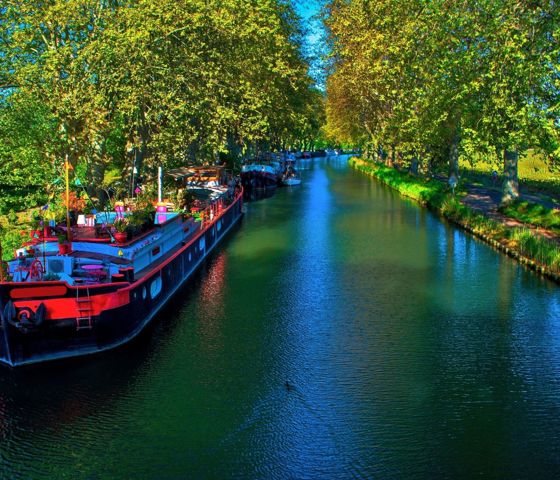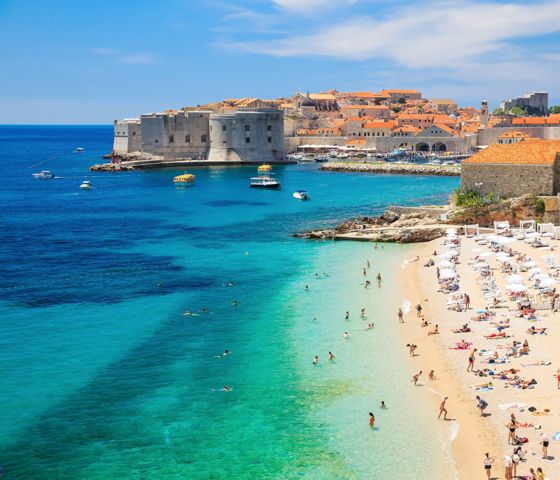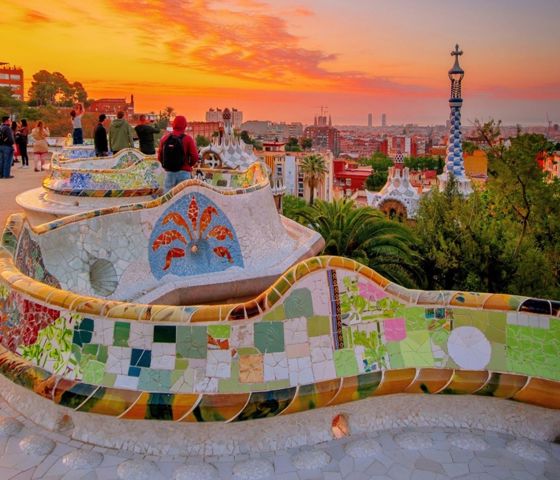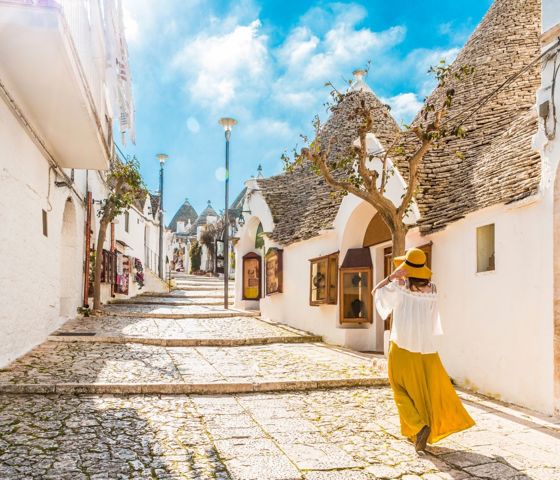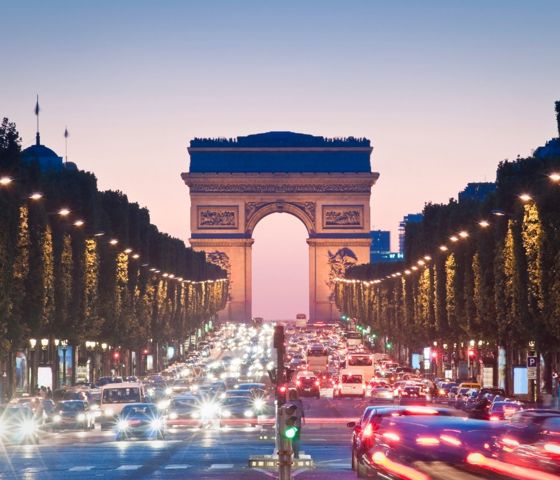Germany travel tips: What to know before you go
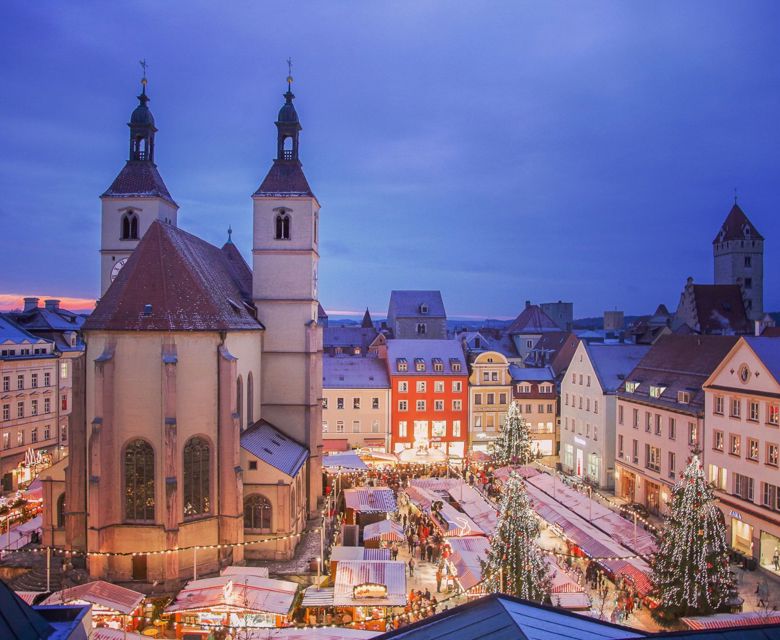
The lowdown on all things Germany
Germany is a dramatic and inspiring nation that conjures images of fairy tales and romance, with its medieval villages and cloud-poking castles. Cities are bustling hubs that boast both impressive modern architecture and age-worn aesthetics, with ample fine dining and little corner cafes that are so craggy they make Stonehenge look hip. In the townships, the gingerbread-style buildings look good enough to eat, and far out in the countryside, half-timbered houses are awash with medieval beauty. Eat Frankfurters and Bratwurst, visit castles that inspired Walt Disney and enjoy both the winding backroads and the infamous German autobahn. Renowned for having no universal motorway speed limit, if you're after a self-drive German holiday, hire a VW Golf GTI and put your foot down. Sensibly we may add.
A rich collection of culture, history and architecture, with fantastic food, an abundance of beauty and an under-stated charisma that’ll take a hold of even the most discerning traveller, Germany is unforgettable. Have fun out there.
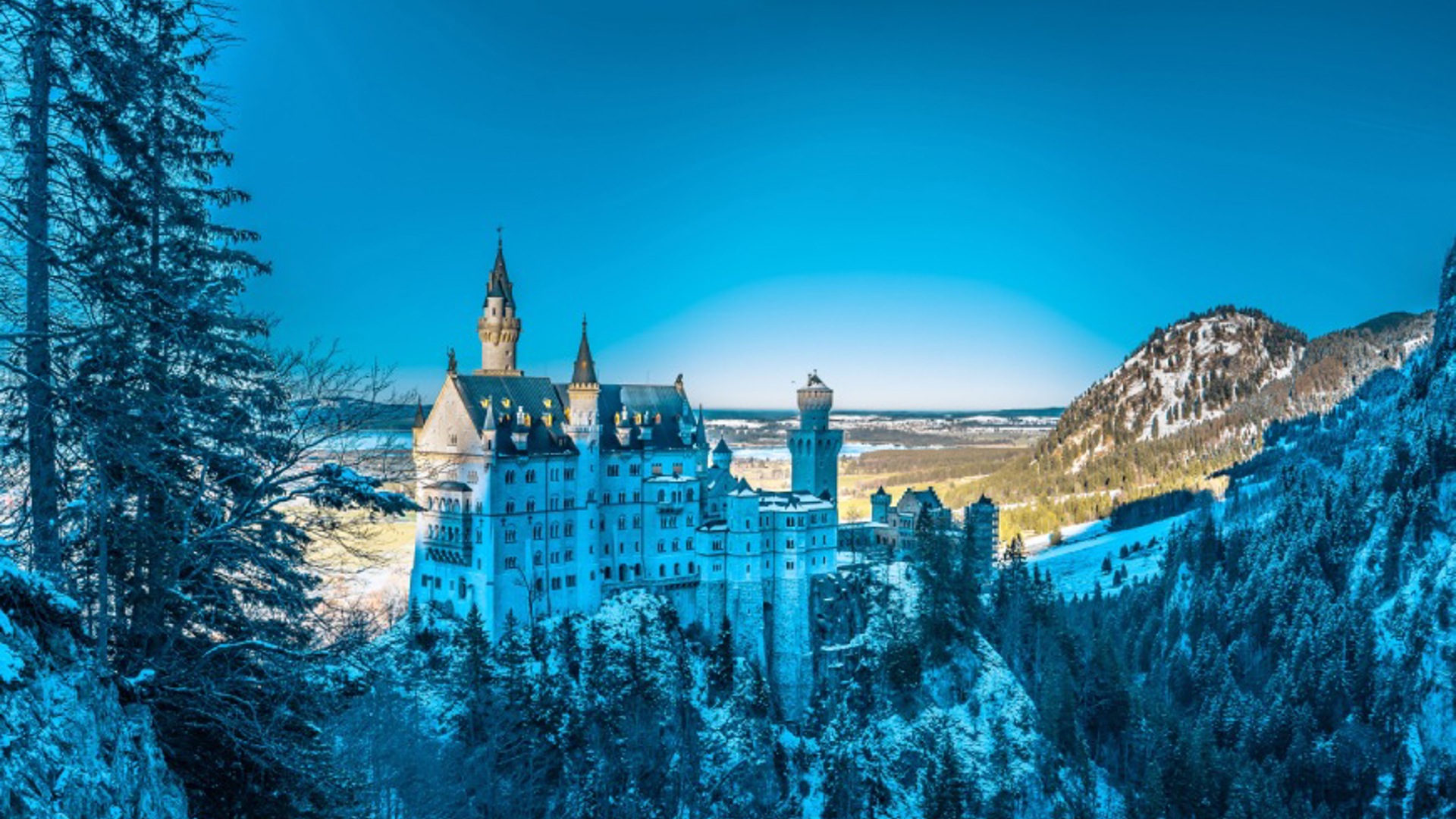
1. How long can I stay without a visa?
New Zealanders travelling to Europe for less than three months don’t need a Visa in most places – including Germany! Even better is that Germany is part of what is called the “Schengen area” which means that once you have entered one of the included countries from outside the area – you can move throughout countries within without going through border controls. To access the Schengen area a Kiwi needs a return ticket and a passport which has 3 months validity from the date you intend to leave the Schengen area. Click here for more information on what countries are included.
2. What’s the local currency?
Euro.
3. Do I need to tip?
The menu prices in Germany are all inclusive – however it is common practice to round up the amount paid to a round figure – generally under 10% - to pay a full Euro amount. This means that when paying the bill – your server will tell you the cost of the meal and you tell them how much you want to pay. For example if a bill was 21.30 then you might give the server 30 Euro and say you want to pay 25 and they will bring you your 5 euro change.
4. Transfers to and from the airport
For almost all of the airports in Germany, they are connected to a train system. Unfortunately one exception is Berlin’s main international airport - Tegel. There are still bus systems though or the ever reliable (but a tad more expensive) taxis.
For information about trains in Germany see below.
Say no to public transport. We guarantee after a 24+ hour flight from NZ, you won't want to deal with a transfer via trains and buses. Ask your HoT consultant about booking a transfer before you even leave NZ.
5. Getting around
Trains: When travelling between the larger cities in Germany - The trains are by far the best method as they go long distances and are fast and not too expensive if you book in advance. Below are how long it takes to travel between the major cities in Germany so you can decide how to best get from A to B;
- Berlin → Munich: 6-7 hours
- Berlin → Hamburg: 1 hour 40 min - 2 hours
- Berlin → Heidelberg: 5 - 6 hours
- Berlin → Freiburg: 6.5 - 7 hours
- Berlin → Frankfurt: 4- 5 hours
- Berlin → Cologne: 4 hours 40 min
- Munich → Hamburg: 6 hours
- Munich → Freiburg: 4 - 5 hours
- Munich → Cologne: 4.5 - 5 hours
- Hamburg → Freiburg: 6 - 7 hours
For more information and booking tickets click here.
Uber: Unfortunately Uber is a bit trickier in Germany than New Zealand (Possibly for not leaving an umlaut when using the german word Über). There is still UberTaxi in Berlin and Munich which use registered taxi drivers but all unregistered drivers (UberPop) are banned and so it’s probably easiest to stick the regular taxis and the train systems. Uber pulled out of most other places in Germany though.
6. Weather: What can you expect when you go?
Due to the way maritime and continental air masses collide in Germany, it can be a bit unpredictable what weather will emerge at any point of the year. The good news though is that the summer aren’t too hot and the winters aren’t too icy so no matter when you go - you won’t get a shock. Of course if you are doing Europe you want a bit of sunshine so can’t go wrong with avoiding those chilly winter months.
We recommend safely and securely storing three important travel documents (your passport, credit card and driver's license) on your phone. Use an app such as Traveler ID which will store a series of documents in one place. Of course, you might lose your phone, so also store them in the Cloud, or your saved emails.
7. Top 10 phrases
- Hallo! - Hello!
- Guten Morgen! - Good Morning!
- Guten Tag! - Good day!
- Guten Abend! - Good Evening!
- Wie geht’s? - How are you?
- Wie viel kostet das? - How much is that?
- Ich komme aus Neuseeland - I am from New Zealand
- Einen Tisch für [zwei/drei/vier], bitte - A table for [two/three/four], please.!
- Ich hätte gern… - I would like…
- Die Rechnung, bitte. - The bill, please.
- Tschüß - Bye
8. Rules and customs
A few things that can catch you out easily are that you need to carry proof of identity at all times (passport or driver’s license) and jaywalking is illegal to the point you will get fined if caught so stick to the pedestrian crossings.
If you’re embarking on a self-drive, failing to offer assistance to 'a person in danger' is illegal. Therefore, if you come across a car accident and don’t stop, fail to report it to the emergency services, or ignore appeals for help, you could be charged. Penalties include suspended prison sentences and fines.
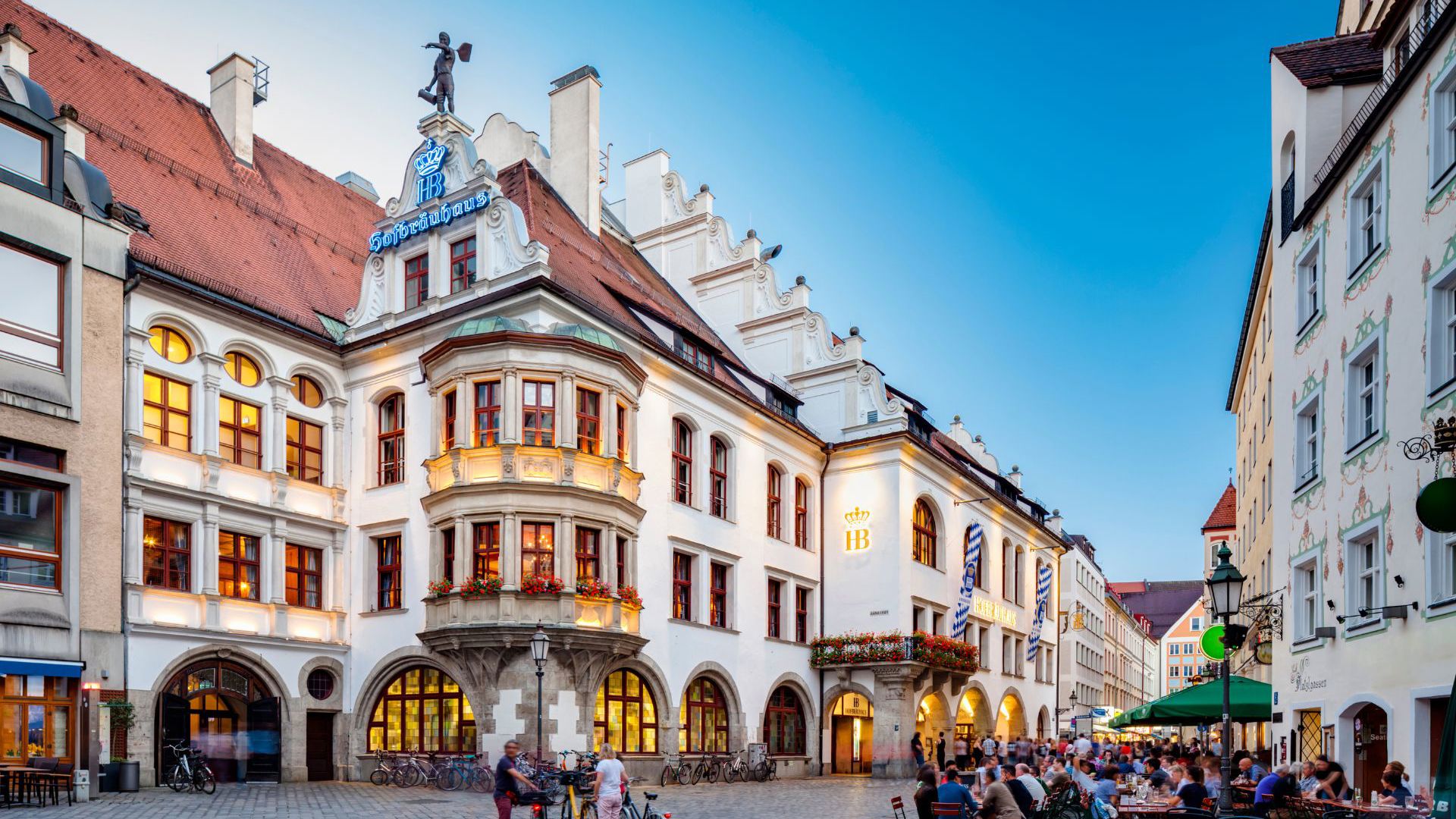
9. Where to have fun
Can we say festivals? Yes we know Oktoberfest springs to mind but if that’s not quite your cup of tea there are events for music and theatre, wine festivals and celebrations of easter and christmas. If you decide not to join the festival route, you could try the Romantic Road - a popular road journey where you can look at everything from castles to medieval cities. If that’s not quite your scene take a stroll down one of the many other themed roads; whether it be wine or fairy tale themed - there’s truly something for everyone.
10. What to do in an emergency
It’s always a smart idea to get your basic travel insurance but overall Germany is a safe place to travel. Like any place there are muggings and pick-pockets so be on your guard and if anything does go wrong - make sure to file a police report at the local station and note the crime report number for your insurance company back in NZ. Call 112 for medical and fire emergency services and 110 for police.
We recommend safely and securely storing three important travel documents (your passport, credit card and driver's license) on your phone. Use an app such as Traveler ID which will store a series of documents in one place. Of course, you might lose your phone, so also store them in the Cloud, or your saved emails.
11. Mobile usage – to roam or not to roam?
If your phone's unlocked, buy a prepaid German SIM from one of the many, many German operators. You'll get a flat internet data plan from approximately 20 Euros for 30 days. These do require you to have an address but you should be able to simply provide your hotel or accommodation address.
12. HOT’s top 5 German eats
Bratwurst - A classic type of German sausage made from veal, beef, or more commonly, pork.
Sauerbraten - Traditional German pot roast made with a variety of meats such as beef, venison, lamb, mutton and pork. As well as horse! So if you're not keen, keep an eye out for the word - Pferd (horse).
Prinzregententorte - Bavarian torte with up to seven thin layers of sponge cake interlaced with chocolate buttercream. And then topped with lashings of apricot jam. The outside is covered in a thick dark chocolate glaze. Salivating much?
Maultaschen - Very much like Italian ravioli, but larger, these doughy pasta parcels are filled with minced meat, smoked meat, spinach, bread crumbs, onions and various herbs.
Currywurst - A traditional pork German sausage which is steamed and then fried, then cut into slices and seasoned with curry ketchup; a spicier style of ketchup.
13. Is the water safe to drink?
In general the water is safe to drink in Germany - but you will find it’s not very common. This is because the German word for tap water is ‘Leitungswasser’ which translate to plumbing water… not something you would ask for in a restaurant so be prepared to order mineral or sparkling water instead.
14. HOT’s top insider tips
Live a fairy tale at Neuschwanstein Castle
It looks like it’s straight out of a fairy tale, and in fact it was the very inspiration for Disneyland Castle. The interiors are lavishly decorated with gorgeous frescoes of bright red, blue, and most prominently, gold!
Uncover the horror of the Holocaust
It’s certainly sombre and depressing, but a visit to Berlin’s Memorial to the Murdered Jews is amongst the most moving memorials in Europe.
Drink and fly
The Germans love their beer. To a point they've even built a microbrewery in Munich’s Franz-Josef Airport. As the world’s only airport brewery, Airbräu, complete with a glass-roofed beer garden, trees and vines, serves a selection of seasonal beers to suit every airport traveller.
15. Germany for kids
Kids will have a ball in Germany, with concessions at most places for a ‘child’ it also can save you a few euros. The only issue is the age bracket for child does change from 10 to 12 to 16 depending on the activity so always good to be prepared. The discounts do range from around 30-50% in general though and with activities ranging from zoos to theme parks to castles, you will struggle to decide.
European Heritage Days
These are annual national events, currently set up by more than fifty countries whereby the public are permitted to visit buildings and other historical places of interest which are not usually open to the public, or museums whose access then becomes free, or reduced in price.
These heritage days are launched every year on the third weekend of September. Also known as Doors Open Days and Open Doors Days. For more information click here.
16. What adapter do I need?
In Germany the power sockets are of type F. The standard voltage is 230 V and the standard frequency is 50 Hz.
Ready to dive into your German adventure? From exploring historic castles to strolling through festive markets and sampling world-famous cuisine, Germany offers unforgettable experiences. Connect with one of our Europe specialists today to start planning!
More Europe travel blogs
Best. Holidays. Ever!
Start here
Let us help you find the perfect holiday or deal. Here’s how to get in touch...
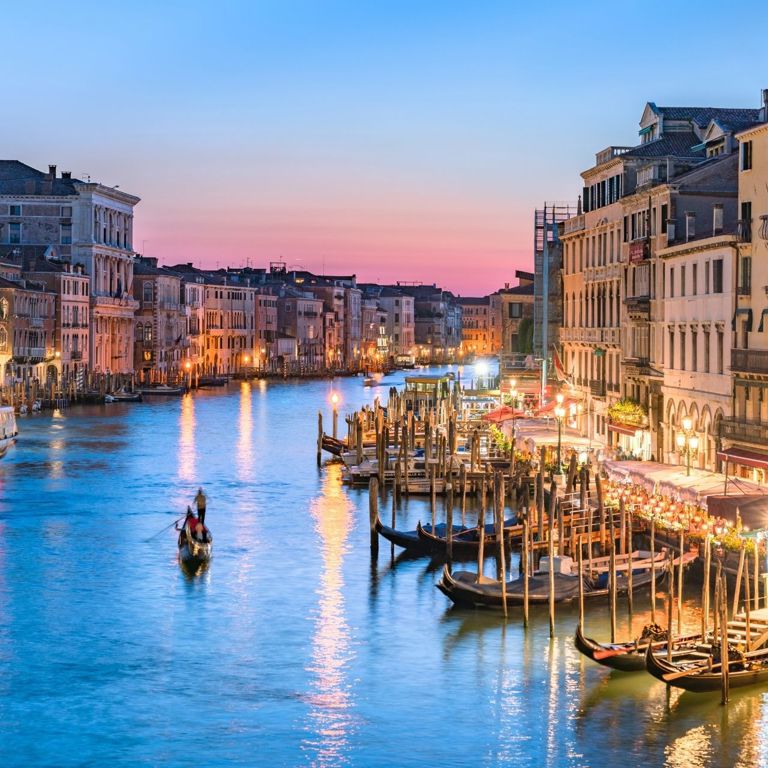
Want the inside word on all things travel?
Never miss a deal again. Sign up for our emails and get exclusive flight offers, travel tips, and be the first to know about special promotions.
By signing up, you have read or have an opportunity to read the Privacy Policy, and you agree to the provisions of the Privacy Policy.

Thanks for signing up, we’ll be in touch soon!
Hold on a sec, adventurer! We didn't quite catch your email. Sign up again to unlock your travel dreams!



